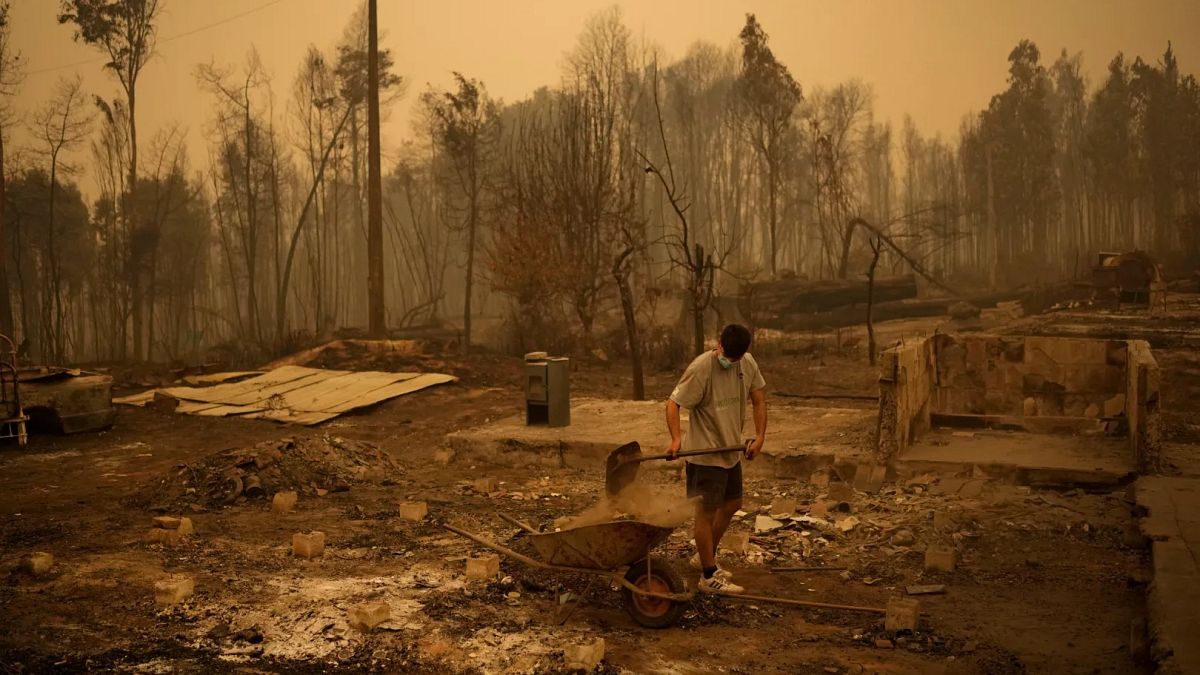

In recent days, there have been significant judicial and legislative developments across the globe that signal a growing recognition of the intersection between human rights, environmental stewardship, and global governance. These decisions, observed in varied contexts, reveal a cohesive movement towards safeguarding both human dignity and the environment.
The Inter-American Court of Human Rights, located in Costa Rica, has delivered a transformative advisory opinion asserting the obligation of governments to address climate change. This directive holds climate stability as a fundamental human right, urging nations to actively mitigate the adverse impacts of climate change. Nancy Hernández López, the court’s president, highlighted the “extraordinary risks” posed by climate change, especially to the most vulnerable populations. This decision marks a pivotal moment in international human rights law, establishing climate protection as an imperative duty of states.
Simultaneously, in the United States, a federal court has ruled against former President Donald Trump’s asylum policy at the US-Mexico border. The court declared the policy unlawful, condemning the use of an “invasion” proclamation to suspend asylum applications. This ruling underscores the balance of executive power and affirms the legal rights of individuals seeking asylum, upholding longstanding humanitarian principles in immigration law. The decision is seen as a triumph for human rights advocacy, reinforcing the core values of international refugee law.
In Australia, the Victorian government is set to make the First Peoples’ Assembly a permanent body with advisory and decision-making powers. This legislative move represents a meaningful step towards reconciliation and self-determination for Aboriginal communities within the state. By managing community infrastructure grants and influencing policy impacting Aboriginal people, the Assembly embodies a progressive approach to inclusive governance and recognition of indigenous voices.
On a global scale, the United Nations is calling for economic and legal action against corporations implicated in activities tied to the conflict in Gaza. A report by Francesca Albanese, the UN Special Rapporteur, accuses certain companies of “profiting from genocide” and advocates for sanctions and arms embargoes against entities supporting Israel’s prolonged military campaigns. This development marks an increased accountability demand for international businesses concerning human rights impacts linked to their operations.
The recent legal and policy advancements reflect an evolving landscape where human rights, environmental wellbeing, and corporate accountability are increasingly intertwined. As nations and international bodies navigate these complex issues, the consistent thread is a heightened awareness and commitment to justice, sustainability, and dignity for all. These landmark decisions not only uphold essential rights but also set a precedent for global action in the face of pressing contemporary challenges.
Source: {link}
